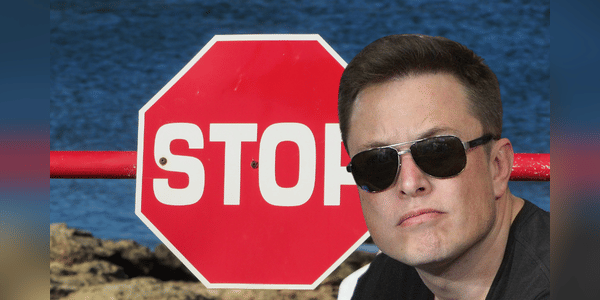I understand that not everyone is necessarily an Elon Musk fan. After all, some of his actions are really quite controversial and I believe he may have done harm with his words and to many people. Whether knowingly or not. On the other hand, no one can deny that what he has done is absolutely incredible and defies any standards we had before he came along. I really don't think Elon should be some hidden supervillain trying to subvert the system and ruin everything. If only for the reason that I can think of easier ways than building a few hyper successful companies first.
But some people obviously don't think so, and stick with the concept that Musk is really a supervillain and is only starting companies to get revenge and destroy his rivals. I just came across one of these on the internet.

Speculation
What exactly is going on here? What have they accused Elon of this time? The article I came across describes Musk's alleged efforts to kill the California…
info keren
nice info
kanda ahh